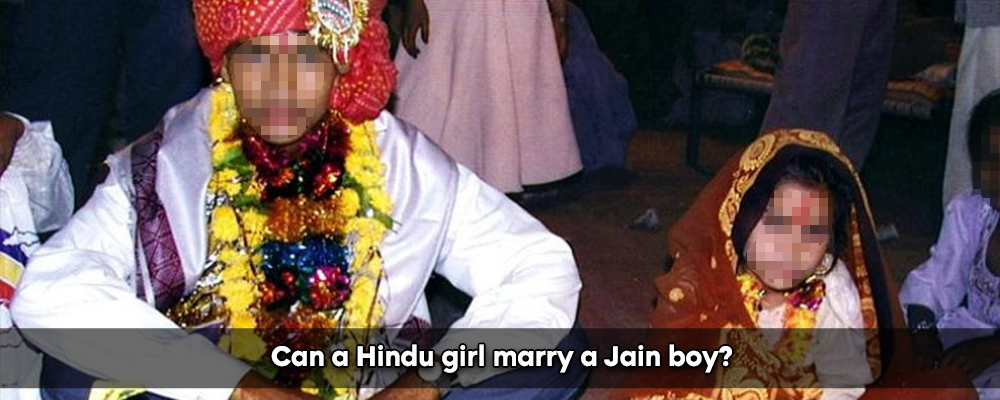Indian parents are the most interested in everything, from the boy or girl they want their child to marry to the exact day and hour of the marriage. The prevailing belief that they are far more knowledgeable and experienced than their kids and will choose what’s best for them is the reason behind this. Because Indians view marriage as the fortunate union of two souls, they base every aspect of the marriage rite on the bride and groom’s astrological positions.
In the past, marriages started without the bride and groom knowing who they were marrying because their parents made all the decisions, and meeting the groom wasn’t common practice (although this was back in the day). However, things have changed and the bride and groom make all the decisions regarding their marriage.
We understand the extent to which religion and caste impact our nation. In the context of matrimony, it is deemed the most crucial requirement for a truly sanctified union. Parents choose a prospective spouse from their caste for their children. In many parts of our country, intercaste marriage is still frowned upon. The caste system in India is incredibly rigid. Individuals are supposed to marry within their caste; those who marry outside of their caste and disobey social norms are despised.
Need A Legal Advice
The internet is not a lawyer and neither are you. Talk to a real lawyer about your legal issue

Every year, several honor killings are reported; the state of Haryana has the highest number, and regrettably, the perpetrators take delight in their actions. Legislation was therefore desperately needed to protect the rights of those who overcame caste and religious differences and chose to marry for love. Consequently, the Parliament gave Indian citizens living abroad, regardless of their caste or religion, a special type of marriage, and passed the Special Marriage Act, of 1954.
A Hindu girl can wed a Jain boy in India. From a moral and ethical standpoint, it is acceptable for them to get married. However, obstacles to religious diversity and familial acceptance could arise. The majority of Indian Jains believe it is crucial to keep both men and women from marrying into other religious groups, according to a Pew Research Centre study. This reflects the Jain community’s general inclination towards endogamy. Even if the number of interfaith unions in India is rising, people must understand their legal rights and the possible difficulties they can encounter after being married. It is crucial to remember that every case should be handled with compassion and understanding because family dynamics and individual circumstances can differ.
A willingness to overcome obstacles and a shared understanding should be the foundation of any marriage decision. In particular, if there is opposition from their families, it is best for the couple to be financially independent and to formally register their marriage. Furthermore, both partners must understand the legal ramifications of their union, particularly if they decide to wed under the Hindu Marriage Act or the Special Marriage Act.
Hindu girls and Jain males do interfaith weddings, and they can work out well, despite certain social and family obstacles. The couple must speak honestly, comprehend one another’s cultural and religious origins, and make thoughtful decisions that honor the values and beliefs of both families.
Act’s Scope
The Special Marriage Act covers inter-caste and inter-religious marriages. A marriage between two members of different castes is referred to as an inter-caste marriage. The days of blindly following parents’ wishes and getting married wherever they pleased are long gone. These days, the youth have their voice and preferences, and they would rather marry someone more compatible with them than someone who comes from their caste or religion.
Since they are obligated to live with their partner for the rest of their lives, caste or religion no longer has the highest priority. Love is a wonderful sensation that shouldn’t be measured by caste or religion. Since all religions are equal, getting married to someone from one should not be a huge concern. Since religion and caste are something we are born with rather than things we choose, why are members of lower castes viewed with contempt and shame? Given the diversity of India, it is unfortunate that incidents like these take place here. As a result, the Special Marriage Act is a unique piece of legislation that was passed to allow for a certain type of marriage through registration in which neither party must give up their religious beliefs.
Lead India provides a variety of legal services, including free legal advice and online information. Here, you can ask a legal question and talk to a lawyer.





 Talk to a Lawyer
Talk to a Lawyer